First-time home buyer guide – how to get on the property ladder for the first time
Everything you need to know about getting on the property ladder for the first time
The prospect of buying your first home may seem daunting, but there is plenty of help and support available to guide you through the process. Between us on the Ideal Home team we've snapped up everything from freehold houses in the country to leasehold flats in the heart of the capital. So there are few things we haven't experienced when it comes to ins and outs of the property chain.
Get all your questions on home ownership answered with our property advice
We've drawn on our experience to help you navigate your way to becoming a homeowner for the first-time.
How to save for a house deposit
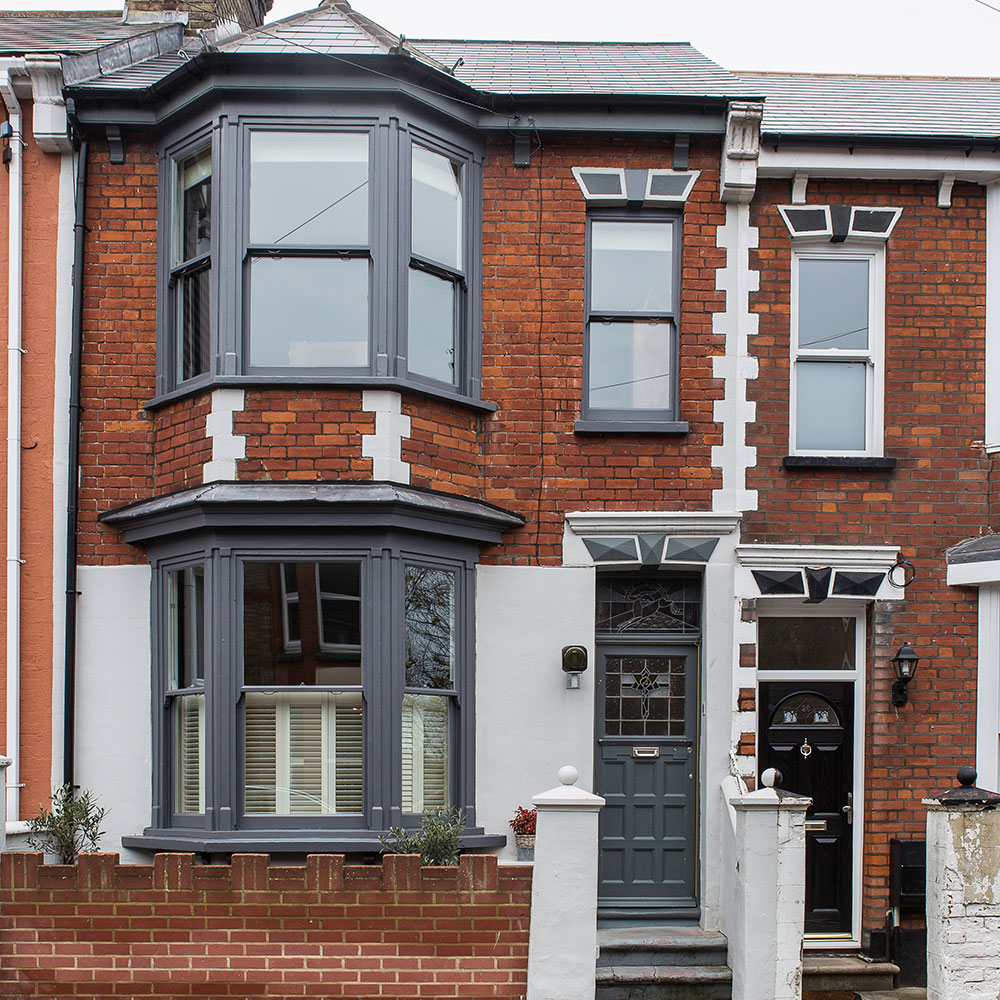
Figures from Halifax show that the average deposit in the UK comes in at £33,127. It's a sum that can seem impossible to save, particularly if the cost of rent and everyday expenses leaves little left in your budget at the end of the month. But the good news is that there are a number of tips, tricks and schemes that can help you build up the funds you need.
Look into Intermediate Rent
Renting a home at a subsidised rent could leave enough left in the pot to save for the deposit on your first home. And this is exactly what the intermediate rent scheme is designed to do, giving first-time buyers the chance to rent a property at around 20 per cent below the market rate.
Offered by a number of housing associations – you will need to contact those in your area to find out about available properties – those considering applying for the scheme will need to meet the following criteria:
- Be at least 18 years old with a good credit history
- Have a annual household income less than £80,000 outside of London and less than £90,000 in London
- Generally be a first-time buyer
- Must not be able to afford to buy a home suitable for your housing needs on the open market
Apply for a Help To Buy ISA
To help with buying costs – but not a deposit – a Help to Buy ISA can be set up from the age of 16 onwards, with parents able to make contributions. The initial account deposit can be up to £1,200. Subsequent payments will be capped at £200 a month.
The government will then top up any contributions you make by 25 per cent, up to the contribution limit of £12,000 (equating to a maximum bonus of £3,000). The minimum you need to save to qualify for the bonus is a £1,600 (which equates to a £400 bonus).
While the money in your Help To Buy ISA can be taken out at any time this will affect your final bonus payment. The bonus payment is subject to buying a property up to the value of £250,000 (or up to £450,000 in London). The property must be your only home and where you intend to live.
House deposit – what if I still can't save enough?
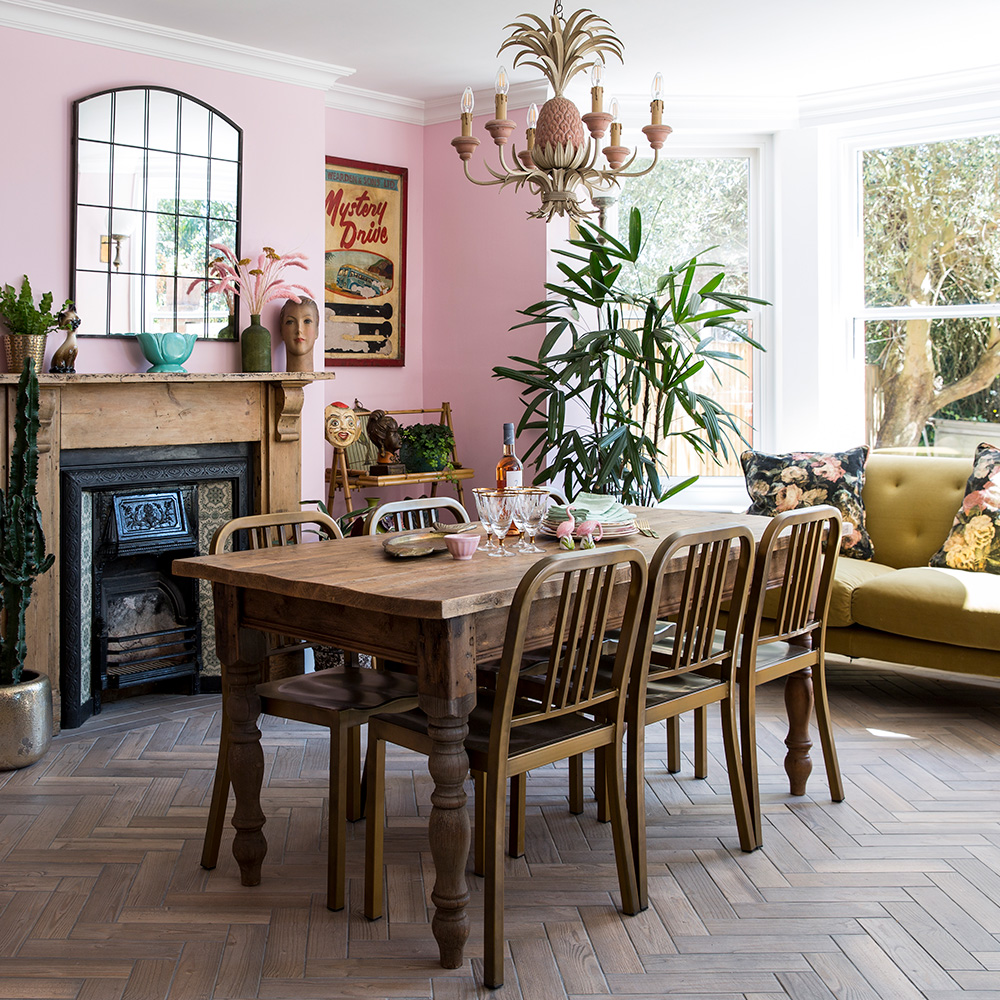
Get a no-deposit mortgage
If you are not able to save for a deposit, you may want to consider 100 per cent mortgage options. Offered by some building societies and banks, you'll often find parents or close family members can act as a guarantor for a percentage of the mortgage loan value.
For Lloyds Bank’s Lend a Hand 100 per cent LTV mortgage, parents need to put 10 per cent of the property’s value into a savings account. The parents will still earn interest on their money, currently at 2.5 per cent. Market Harborough, Barclays and the Post Office are just some of the providers also offering guarantor-based mortgages.
See if you're eligible for a Help-To-Buy Equity Loan
The Help-To-Buy Equity Loan is offered to those buying new build-homes only, up to the value of £600,000. It’s available for first-time buyers and existing homeowners who have a minimum 5 per cent deposit and their home is their only property. The government provides a loan of 20 per cent – up to 40 per cent in Greater London – leaving the buyer to find a mortgage for the remaining 75 per cent.
The loan is interest free for the first five years, after which a fee of 1.75 per cent of the loan’s value will be charged, which will increase every year by the Retail Price Index (RPI) plus 1 per cent. The 20 per cent loan has to be paid back when you sell or at the end of the mortgage term.
You’ll pay back 20 per cent of the sale price when you sell, rather than the price you paid, which will be more than the original loan if your home has increased in value.
The scheme is set to run until 2023, but from April 1st 2021 it will be restricted to first-time buyers only and new regional price caps will be introduced. You can find a full list of the new price caps here.
Investigate Shared Ownership schemes
Some private developers and Housing Associations offer shared ownership, where you buy a percentage of your new home, usually a minimum of 25 per cent, and rent the rest at below-market rates. Once you can afford it, you can buy a higher percentage of your home – known as ‘staircasing’ – until you reach 100 per cent ownership of the property.
To be eligible, you must be a first-time buyer or someone who used to own their own home but can no longer afford to buy. You must also earn less than £80,000 (£90,000 in London) as a household.
Those considering shared ownership will need to have a minimum deposit of 5 per cent for their share – and higher in some cases depending on mortgage lender requirements. Make sure you budget for buying costs, including solicitors fees and surveys, which can be anywhere from £3,000 to £4,000.
Potential buyers can search for new and resale shared ownership properties on the Share to Buy website.
First-time buyer houses – where is best to buy?
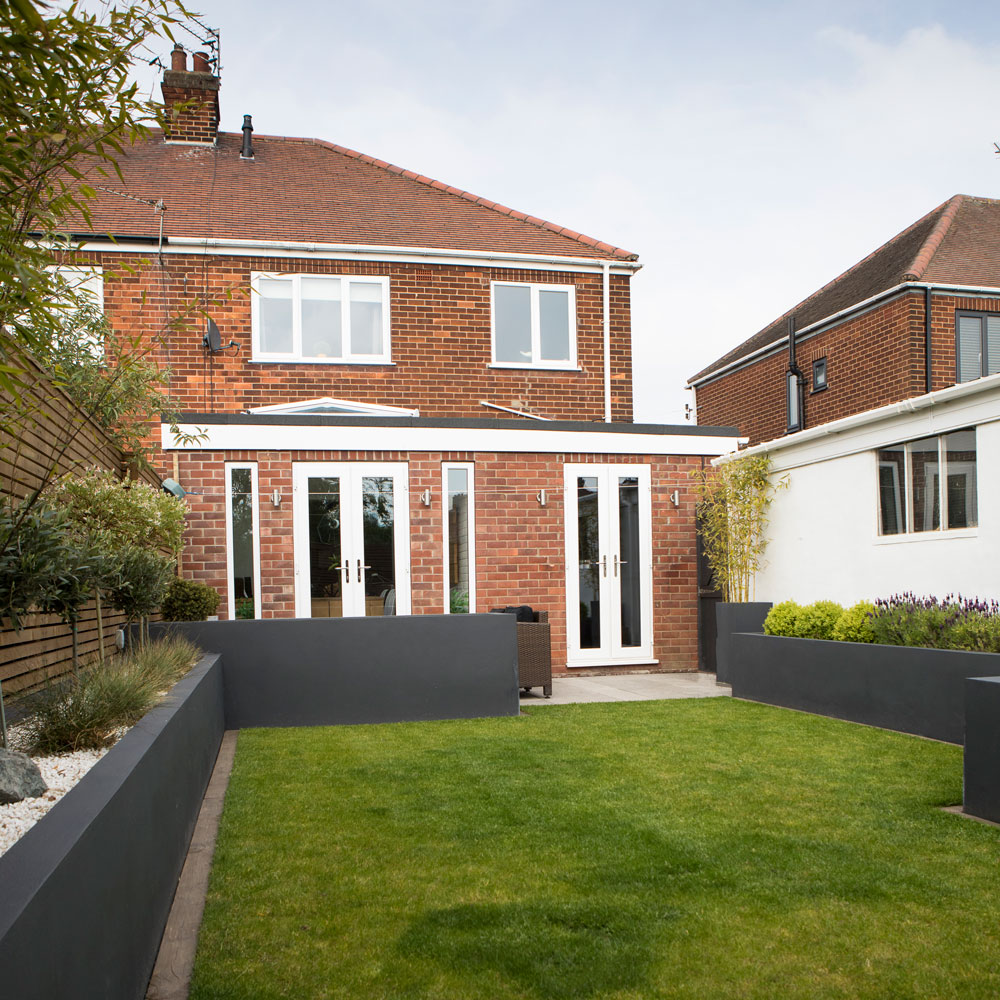
There are a number of options first time buyers can consider for their first home, from new-build to shared ownership properties. And when it comes to snapping up the most affordable properties, it's all about location, location, location.
Cheapest area to buy in London
According to figures from the Zoopla – the UK's leading property resource – the top 10 cheapest boroughs to buy in London are as follows (figures below represent the average price for a one-bedroom flat as of February 2019).
- Bexley (£205,730)
- Havering (£215,542)
- Bromley (£260,037)
- Sutton (£233,338)
- Redbridge (£229,062)
- Barking and Dagenham (£213,451)
- Croydon (£260,740)
- Enfield (£251,167)
- Harrow (£284,223)
- Kingston-up-Thames (£312,239)
Cheapest area to buy in UK
Further figures from Zoopla, reveal the top 10 cheapest places boroughs to buy outside of the capital, and they are as follows (figures below represent the average price for a one-bedroom flat as of February 2019).
- Sunderland (£53,316)
- North Tyneside (£66,573)
- Wakefield (£69,154)
- Blackpool (£58,755)
- Wirral (£71,458)
- Kirklees (£72,961)
- East Riding of Yorkshire (£77,084)
- Bradford (£71,686)
- Derby (£86,907)
- Kingston-upon-Hull (£69,075)
First-time buyers – extra costs you'll need to consider
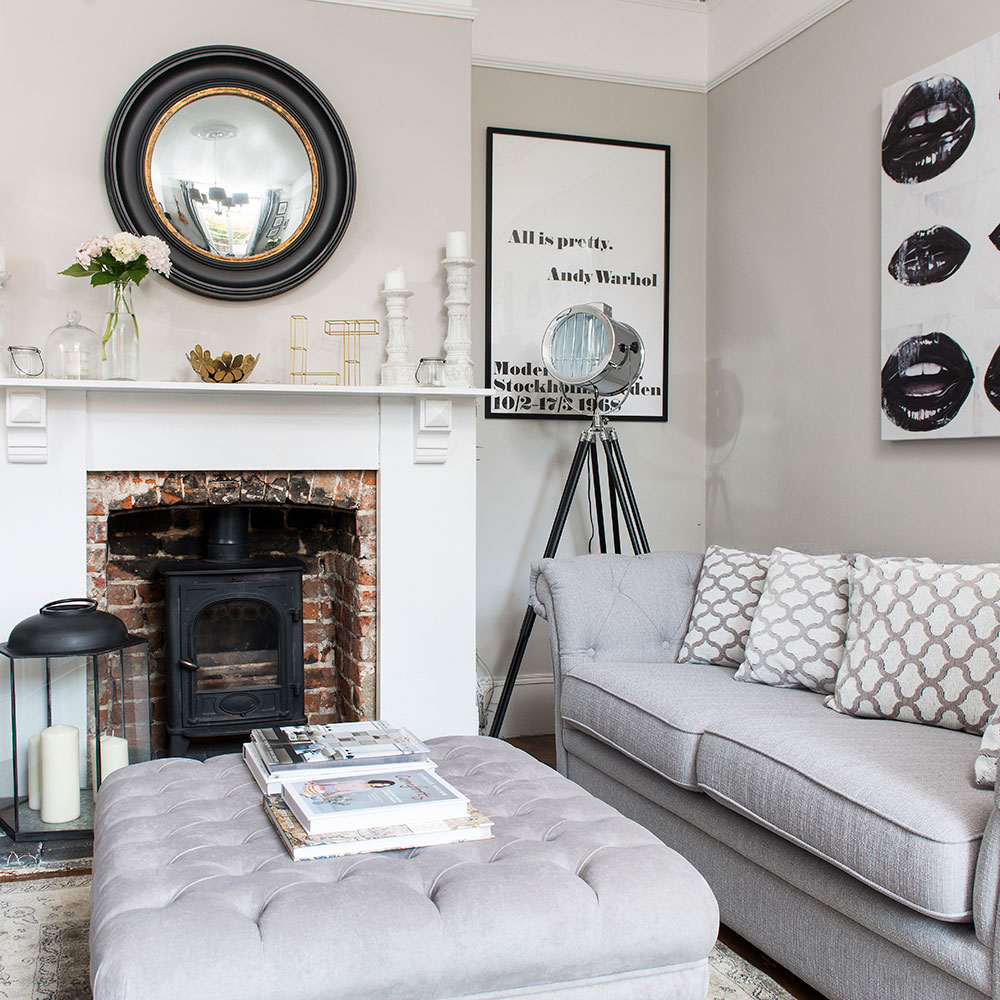
A house deposit isn't the only money you'll be spending when purchasing your first home. It's important to factor in the costs below into your overall buying budget.
Stamp Duty for first-time buyers
First time buyers don't need to pay Stamp Duty Land Tax (SDLT) if they buy a property or land in England and Northern Ireland worth up to £300,000. For properties worth up to £500,000, first time buyers won't need to pay SDLT on the first £300,000, but will need to pay 5 per cent on the portion from £300,001 to £500,000.
Legal and solicitor fees
A solicitor will help you complete the legal part of your house purchase and their fee will include paperwork filing, bank transfer fees and local searches. Be aware that there may be additional charges over and above the solicitors initial quote.
As an example, it's quite common to be charged chancel liability insurance (around £15). The chancel is part of the church containing the altar and the choir, and if your house or flat sits on Ecclesiastical land, this insurance covers you in the unlikely event that the church asks you to make a contribution to chancel repairs.
Your Help to Buy ISA bonus will also need to be released by a solicitor during the buying process, which comes with a fee of around £50–£60.
You can find a solicitor through your Law Society's database, and it's best to get a number of quotes for cost comparison. You may also need to find a solicitor with a specialism in the particular type of property you're buying – i.e. shared ownership properties – as they will have the specific experience to needed to deal with legal hurdles or challenges in this area.
Solicitors fees for the purchase of your home can range anywhere from £1,000 to £3,000, depending on the type of property you purchase.
House survey: what are the different types?
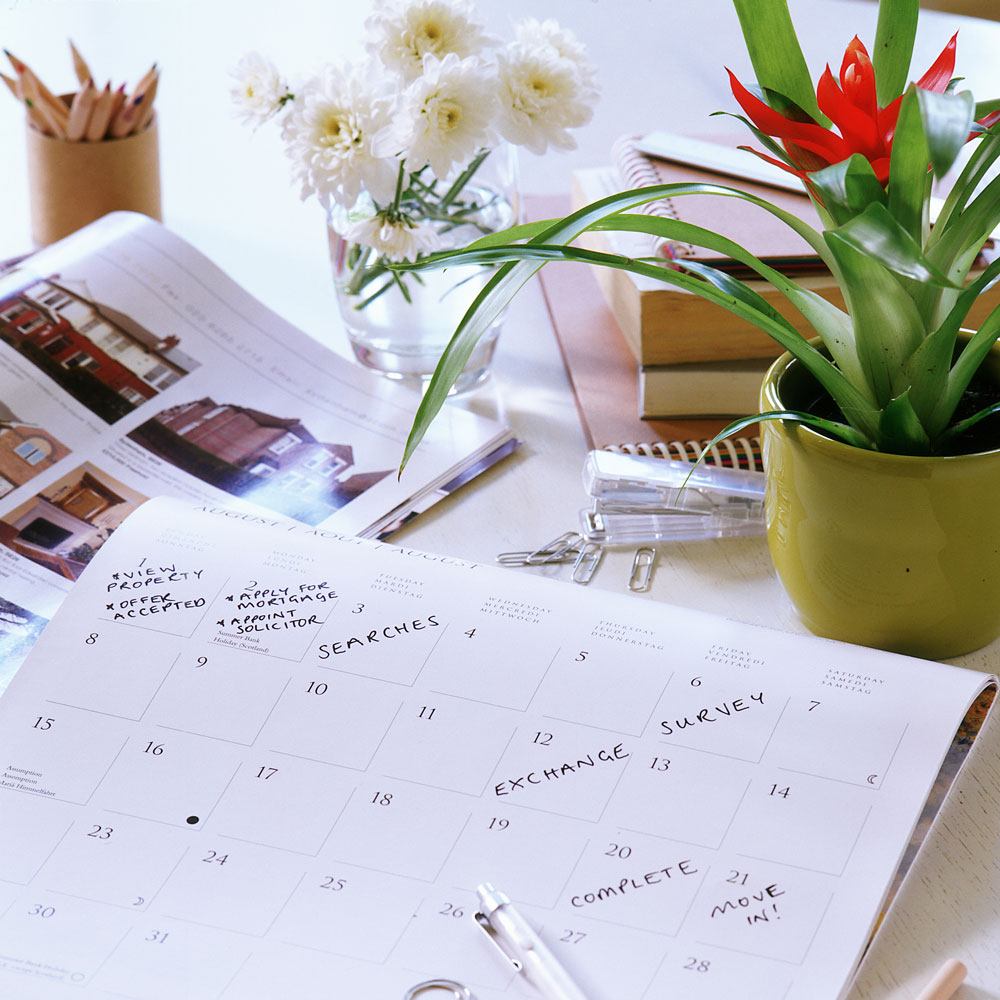
A survey is important to assess the condition of the property you are buying and find out what, if any, repairs need to be made. There are five main survey types:
RICS Condition Report
The most basic of the survey types, this costs around £250. This is most suitable for new build or fairly new homes that are in a good condition overall and lists any urgent defects or potential legal issues the property may have.
RICS HomeBuyer Report
Costing around £400, and again for properties in a fairly good condition, it will identify structural problems, such as subsidence as well as any other hidden problem areas on both the inside and outside of the property. Some HomeBuyer reports also include a valuation for your property, so this could potentially be used as a negotiating tool if this is lower than the estate agent's/mortgage lenders valuation.
RICS Building Survey
Costing between £400 and £500, this survey type is suitable for older or larger properties, and provides in-depth detail on defects, repairs and maintenance options using an easy-to-follow 1,2,3 system.
Building or full structural survey
Costing upwards of £600 this is the most comprehensive of survey types, and is generally suitable for older homes or homes that may need significant repairs. This survey type will include much of what is covered in the RICS Building Survey, as well as providing detailed advice on repairs.
New-build snagging survey
Costing around £300, this independent inspection of a new build property to identify any minor or major issues that need to be addressed by the developer before your purchase.
New build properties are generally covered by a National House Building Council (NHBC) guarantee for a period of 10 years. This covers the new build property for the first two years after legal completion. The remaining eight years offer protection against core issues such as subsidence or structural failure.
Your solicitor should be able to determine whether repairs fall under the remit of the NHBC, or if you will need to cover them.
Removal costs
The physical process of moving all your goods from your existing home to your new home will naturally incur costs
Read more about these in our complete guide to the cost of moving house
This seems like a lot to consider, but get it right and you'll soon be on the happy road to home ownership. Good luck!
Get the Ideal Home Newsletter
Sign up to our newsletter for style and decor inspiration, house makeovers, project advice and more.
-
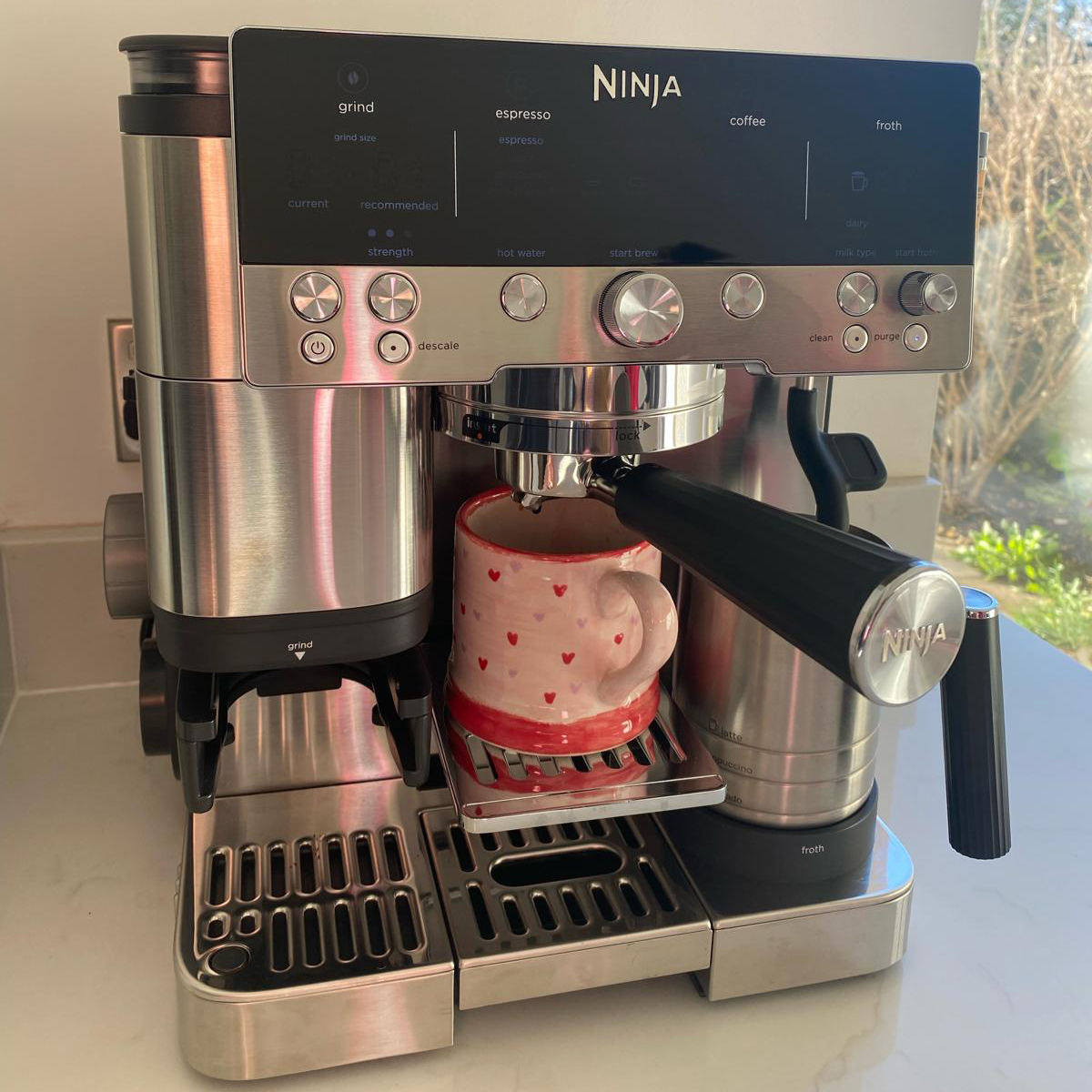 My go-to Ninja coffee machine is on sale for Easter weekend
My go-to Ninja coffee machine is on sale for Easter weekendIt makes coffee shop quality achievable at home
By Molly Cleary
-
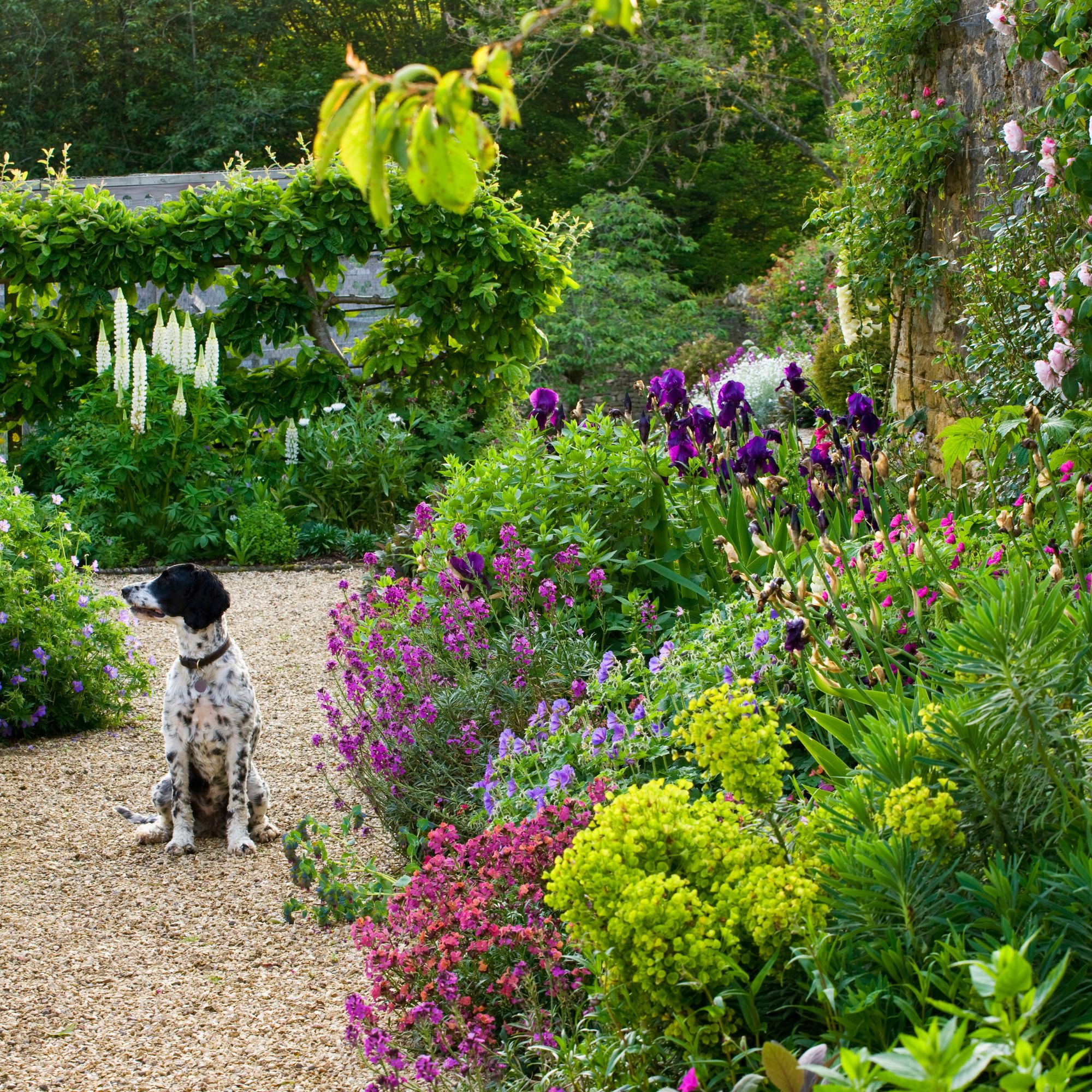 When to plant out annual flowering plants for vibrant, colourful garden borders – and give them the best start, according to experts
When to plant out annual flowering plants for vibrant, colourful garden borders – and give them the best start, according to expertsNot sure when to plant out annual flowering plants? We've got you covered...
By Kayleigh Dray
-
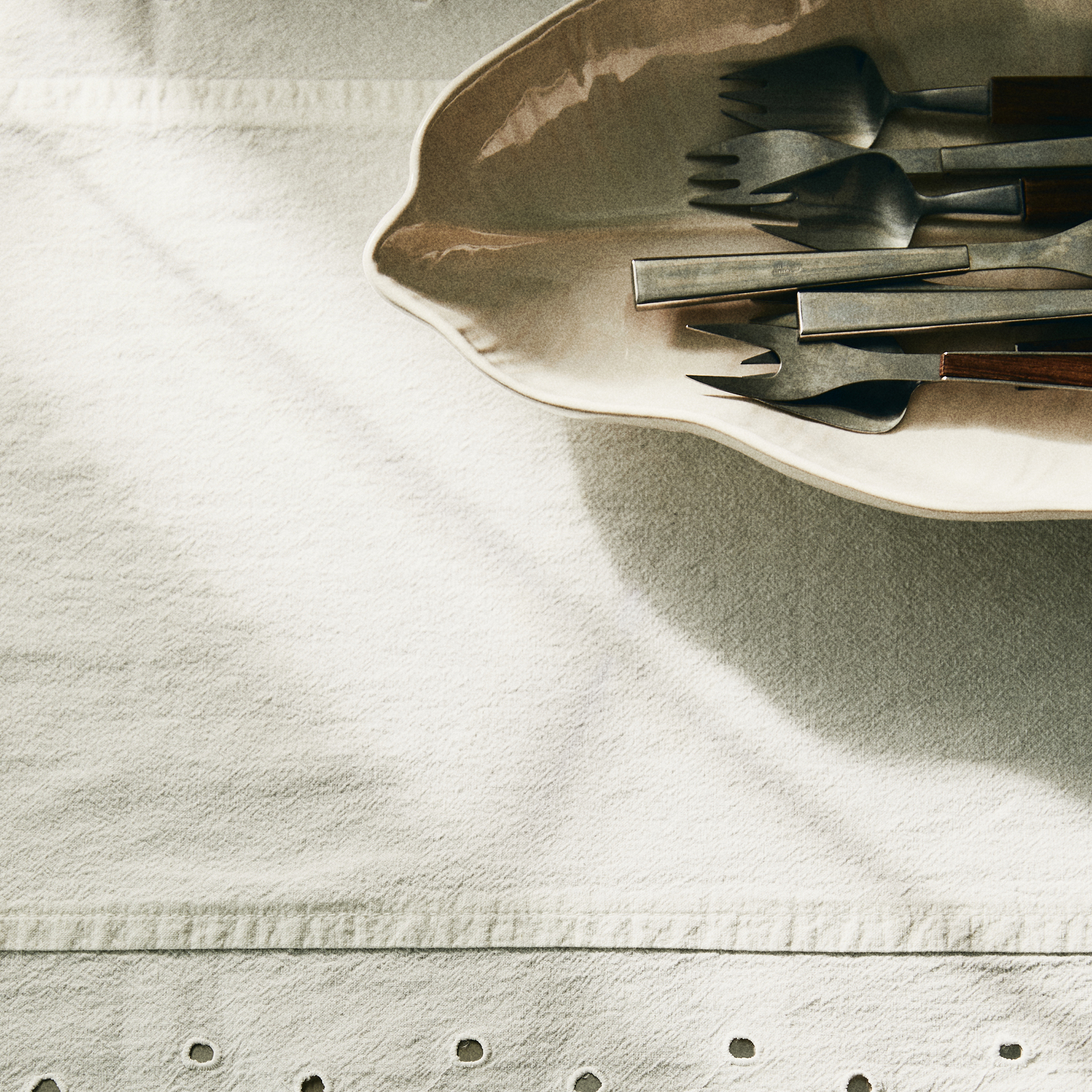 I'm a kitchen decor editor and didn't like this tableware trend - until I saw H&M Home's designer-look plates
I'm a kitchen decor editor and didn't like this tableware trend - until I saw H&M Home's designer-look platesThey made it easy to justify a new crockery set
By Holly Cockburn